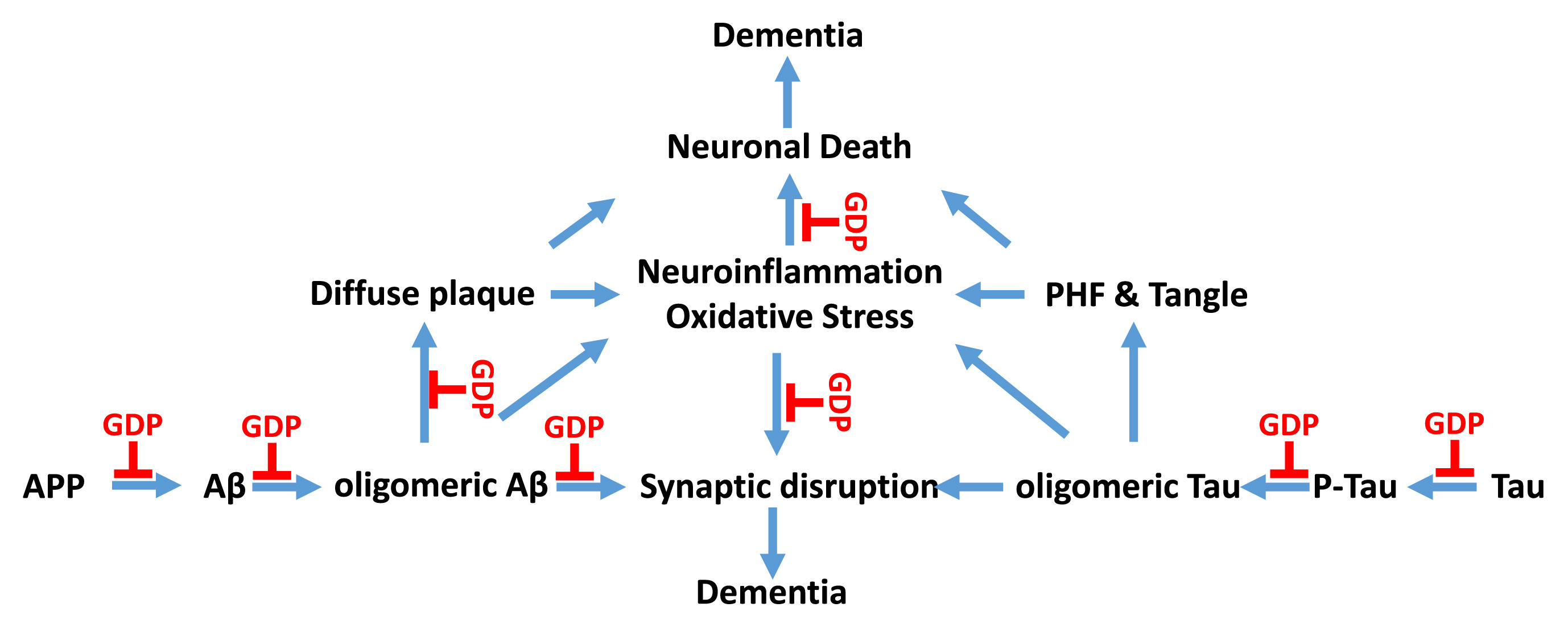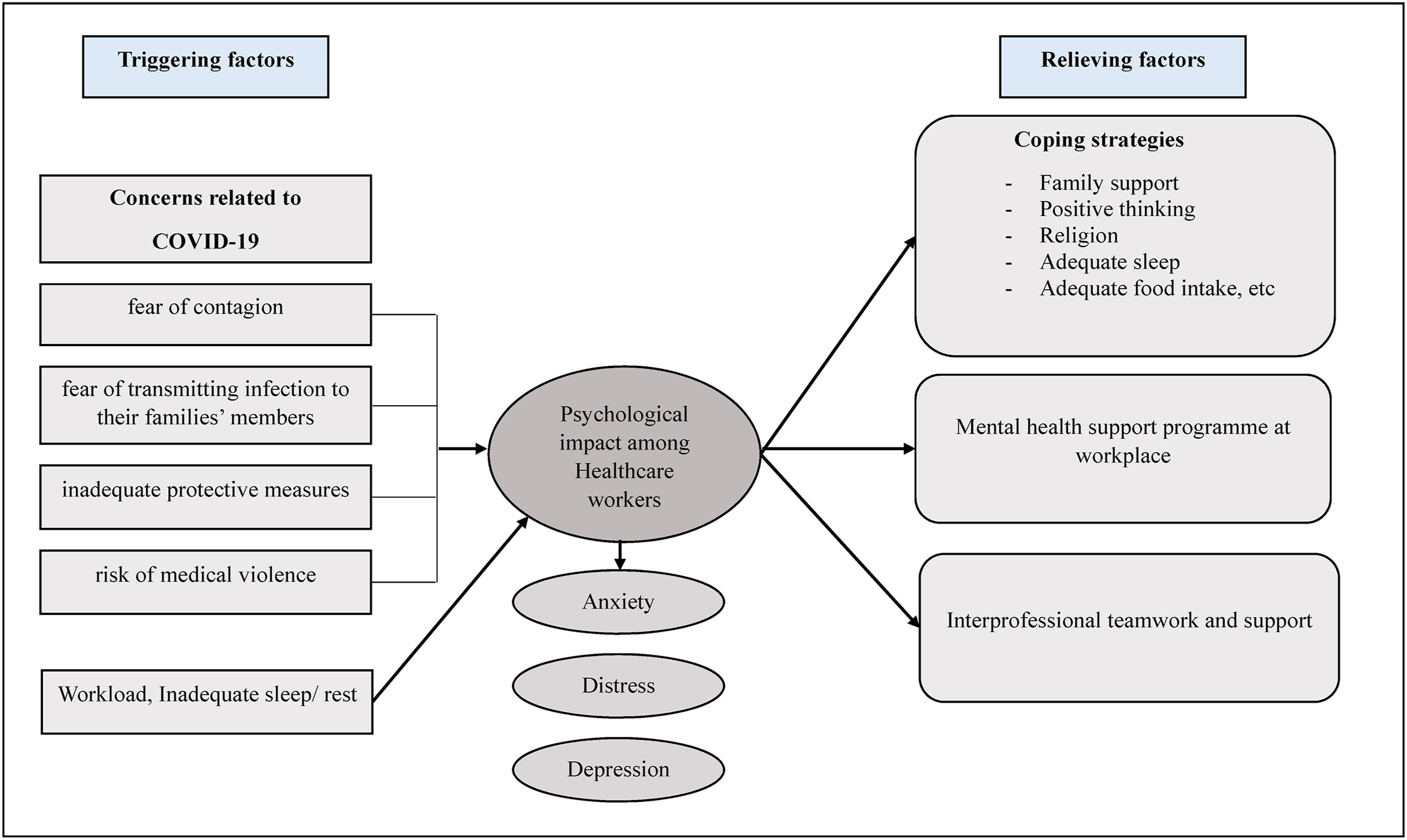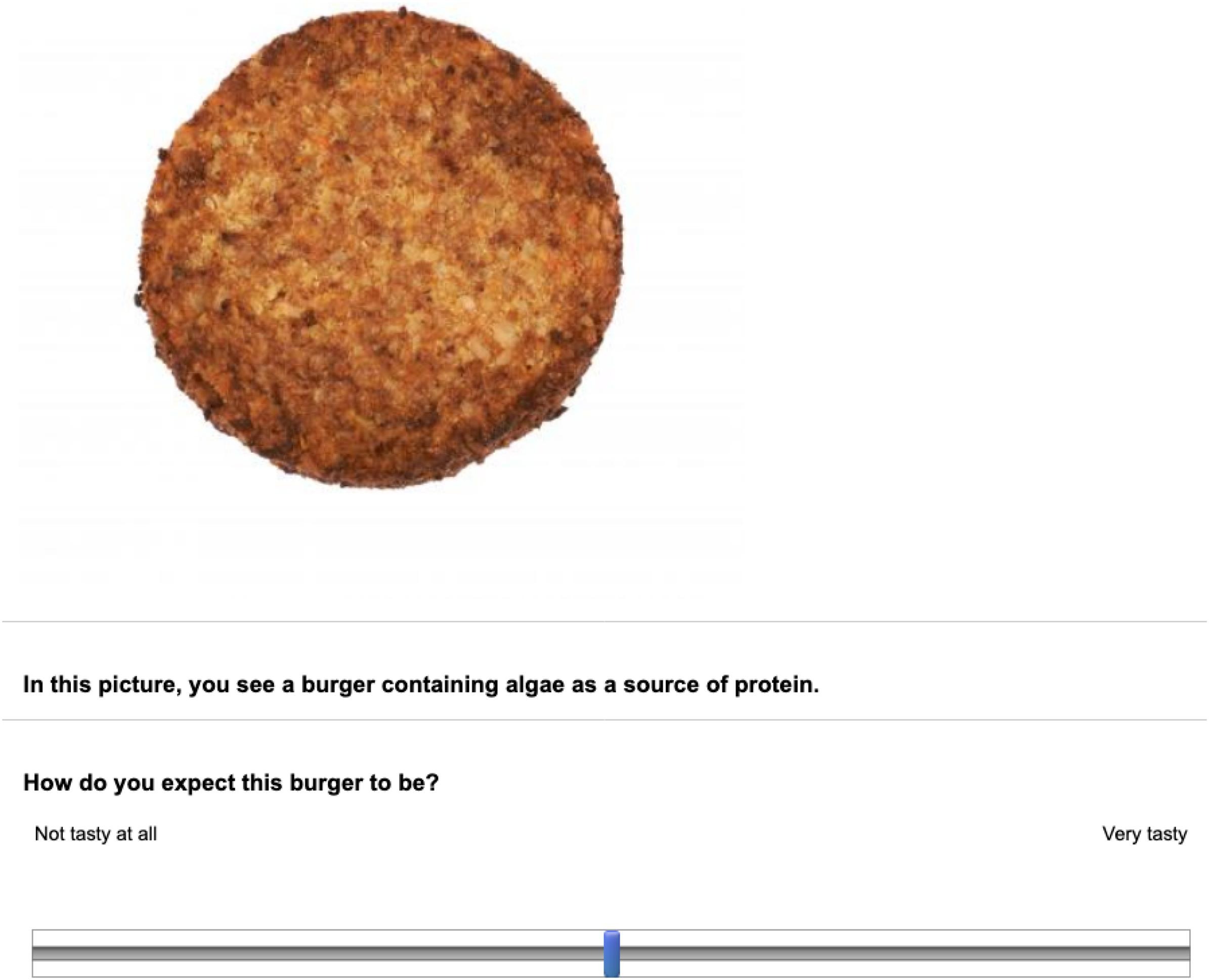Elsevier, Pulmonology, Volume 27, 1 July 2021
Objective: Smoking is an important causative factor of chronic obstructive pulmonary disease (COPD), and females are considered more susceptible to the effects of smoking than males. However, in previous Korean studies, the effects of sex differences on the association between smoking and COPD have been controversial. In this study, the effects of sex differences on the association between smoking and COPD and the effects of female hidden smokers on that association in Korean adults were investigated.
Elsevier, Neurochemistry International, Volume 147, July 2021
Alzheimer's disease (AD) is by far the most prevalent neurodegenerative disease of aging and is a major burden for patients, caregivers, and the overall health care system. The complexity of AD pathophysiology and the lack of deep understanding of disease mechanisms impeded the development of AD therapy. Currently approved treatments for AD only modestly improve cognitive function but do not modify disease course. The lack of pharmacological approaches has led to the consideration of alternative strategies to prevent or to slow down the progression of AD.
Elsevier, Clinical Epidemiology and Global Health, Volume 11, 1 July 2021
Background: The coronavirus pandemic (COVID-19) has a social and psychological impact among healthcare workers worldwide and appropriate coping strategies are essential to avoid the negative mental health effects. This study aimed to investigate the coping strategies among the healthcare workers from different countries and their attitude towards teamwork during the COVID-19 pandemic. Methods: A cross-sectional study was conducted by using an online, web-based questionnaire, which was distributed to healthcare workers from 32 countries during April and May 2020.
Elsevier, The Lancet Planetary Health, Volume 5, July 2021
Background: Exposure to cold or hot temperatures is associated with premature deaths. We aimed to evaluate the global, regional, and national mortality burden associated with non-optimal ambient temperatures. Methods: In this modelling study, we collected time-series data on mortality and ambient temperatures from 750 locations in 43 countries and five meta-predictors at a grid size of 0·5° × 0·5° across the globe. A three-stage analysis strategy was used. First, the temperature–mortality association was fitted for each location by use of a time-series regression.
Elsevier, Food Chemistry: Molecular Sciences, Volume 2, 30 July 2021
Responsive small-molecule fluorescence probe specific for target analyte detection is an emerging technology for food safety and quality analysis. In this work, we report a new water soluble small-molecule fluorescence probe (PG) for the detection of hypochlorous acid (HOCl) in drinking water samples. Probe PG was developed by coupling of a glucosamine into 10-methyl-10H-phenothiazine fluorophore with a HOCl-responsive C=N bond. The thioether is another recognition site that can be oxidized to be sulfoxide in water.
Elsevier, Food Quality and Preference, Volume 91, July 2021
Within recent years, demand as well as supply of products to replace meat, so called meat alternatives, have increased. For future products, new plant-based protein sources are of high interest. Protein from pea and especially from algae provide huge potential for human nutrition as well as for the environment. To provide insight on consumers' opinions on the development of new meat alternatives, this study investigated consumers' opinions of pea and algae burgers compared to the traditional beef burger in terms of taste, health, and environmental friendliness.
Elsevier, Heliyon, Volume 7, July 2021
The lock down engendered by COVID-19 pandemic has impacted positively on the environment through reduction of the emissions of green house gases, CO2, CO and other pollutants into the atmosphere below the pre-COVID-19 levels. There are fears that the gains made in the environment during COVID-19 may be frittered away as nations around the world make serious efforts to boost the COVID-19 recessed economy through massive investments in the sectors of the economy that are not environmentally friendly.
Elsevier, Heliyon, Volume 7, July 2021
Global warming is adversely affecting the earth's climate system due to rapid emissions of greenhouse gases (GHGs). Consequently, the world's coastal ecosystems are rapidly approaching a dangerous situation. In this study, we formulate a mathematical model to assess the impact of rapid emissions of GHGs on climate change and coastal ecosystems. Furthermore, we develop a mitigation method involving two control strategies: coastal greenbelt and desulfurization.
Elsevier, Energy Policy, Volume 154, July 2021
Local authorities in the United Kingdom are recognised by central government as key agents to achieving the national net zero target aimed at stabilising global temperatures at or below 1.5 degrees in line with the Paris Climate Agreement. Since 2018, over 75% of local authorities have declared climate emergencies committing to achieving net zero greenhouse gas emissions. This paper presents the findings of a review of official public records published by 308 local authorities, City Regions and Combined Authorities declaring climate emergencies.
Elsevier, eClinicalMedicine, Volume 37, July 2021
Background: Because of the limited epidemiological evidence on the association between acute air pollutants and allergy, there is a need to investigate this association, especially between the short-term exposure to air pollution and the serum Immunoglobulin E (IgE)-mediated allergy. Methods: A total of 39,569 IgE test results and demographic characteristics were obtained in the First Affiliated Hospital of Guangzhou Medical University between August 2012 and September 2019. Ninety-nine specific allergens were tested according to clinical diagnosis.



